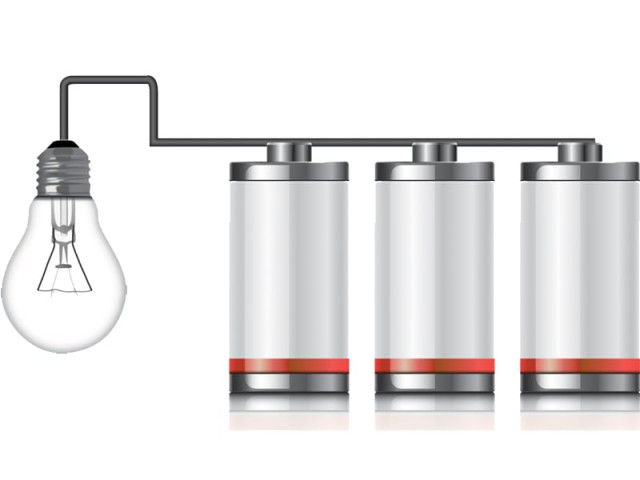Production falls: Energy import critical for Pakistan’s economy, says ADB
Bank’s energy Outlook says country has to step up efforts to address bottlenecks.

The ADB said that with continued
demand growth, it will be ncreasingly difficult for Pakistan to meet its demand with domestic sources. DESIGN: TALHA AHMED KHAN
For achieving even a low growth rate of 3.4% over the next two decades, securing foreign energy supplies will be critical for Pakistan amid a volatile security situation in Afghanistan, as the country’s domestic supplies gradually dry up, according to an Asian Development Bank (ADB) study.
In its Energy Outlook for Asia and Pacific report, the Manila-based lending agency has urged Pakistani authorities to double its efforts for addressing energy sector bottlenecks that have hit economic growth, resulting in increasing unemployment in the country.
The ADB released its findings the day when Prime Minister Nawaz Sharif described his strategy on energy as “energy emergency”. The premier approved on Monday immediate start of work on two coal-fired power plants at Gadani and Port Qasim.
The ADB said Pakistan is faced with domestic supply shortages of coal, oil, and natural gas, as well as shortage of hydroelectric generation capacities. These fuel constraints have severely affected the power sector, leading to a significant decline in power production.
“At its peak, the gap between electricity demand and supply was as high as 40%,” according to the ADB report. Until 2035, Pakistan’s annual economic growth would be rather moderate at 3.4% unless infrastructure development is sufficient to facilitate economic activity, it added.
It said in the same period, energy demand is projected to grow 2.2% annually. However, if the country applies some energy saving methodologies it could restrict the growth to 1.8% per annum. Natural gas will still meet the largest share, reaching 43.8% by 2035, followed by oil at about a fourth.
The ADB said that with continued demand growth, it will be increasingly difficult for Pakistan to meet its demand with domestic sources. The country is not only facing domestic energy supply constraints but also problems of outdated and obsolete supply infrastructure.
It said securing energy supply sources of natural gas, oil, hydro and coal will be critical for economic growth. It projected that domestic production of natural gas will decline from the current 38.4 billion cubic metres (bcm) to 13 bcm in 2035 and the country will have to start importing natural gas sometime after 2015.
Pakistan is already working on the Iran-Pakistan gas pipeline project, which is facing delays due to US sanctions against Iran and inability of Pakistani authorities to arrange funds for construction of its side of the pipeline.
Petroleum and Natural Resources Minister Shahid Khaqan Abbasi recently stated that Islamabad had requested Tehran to provide finances for constructing the pipeline.
The country is also pursuing the Turkmenistan-Afghanistan-Pakistan-India (TAPI) natural gas pipeline aimed at importing 90 million cubic metres of natural gas. Inter State Gas Systems signed gas sales and purchase agreements with Turkmenistan in May 2012.
However, the ADB struck a note of caution saying some care needs to be taken so that the TAPI pipeline does not collide with the planned trans-boundary pipeline from Iran to Pakistan. It warned that political situation in Afghanistan may also affect progress on the TAPI project.
The lending agency reiterated that the country’s power sector was badly affected by circular debt, as its Central Power Purchasing Agency often remains short of funds to meet its obligations towards power suppliers.
It added the issue of technical and non-technical (theft) transmission and distribution losses also remained a major obstacle.
Analysts have also questioned the PML-N government’s strategy to address the power sector’s problems by only increasing electricity tariffs. They have called for a three-tier strategy comprising reducing theft, improving recovery and gradual increase in power tariffs.
Published in The Express Tribune, October 15th, 2013.
Like Business on Facebook, follow @TribuneBiz on Twitter to stay informed and join in the conversation.



















COMMENTS
Comments are moderated and generally will be posted if they are on-topic and not abusive.
For more information, please see our Comments FAQ